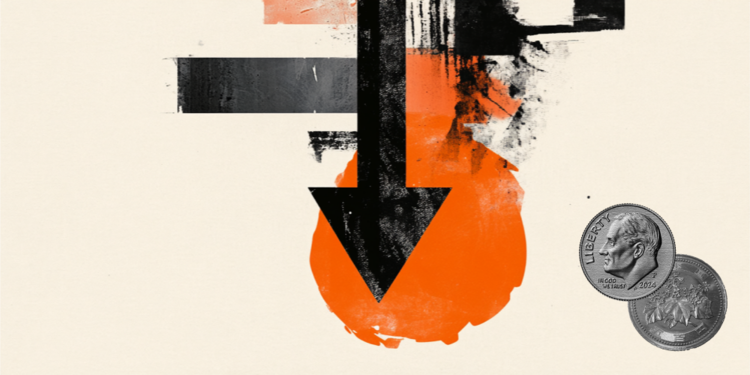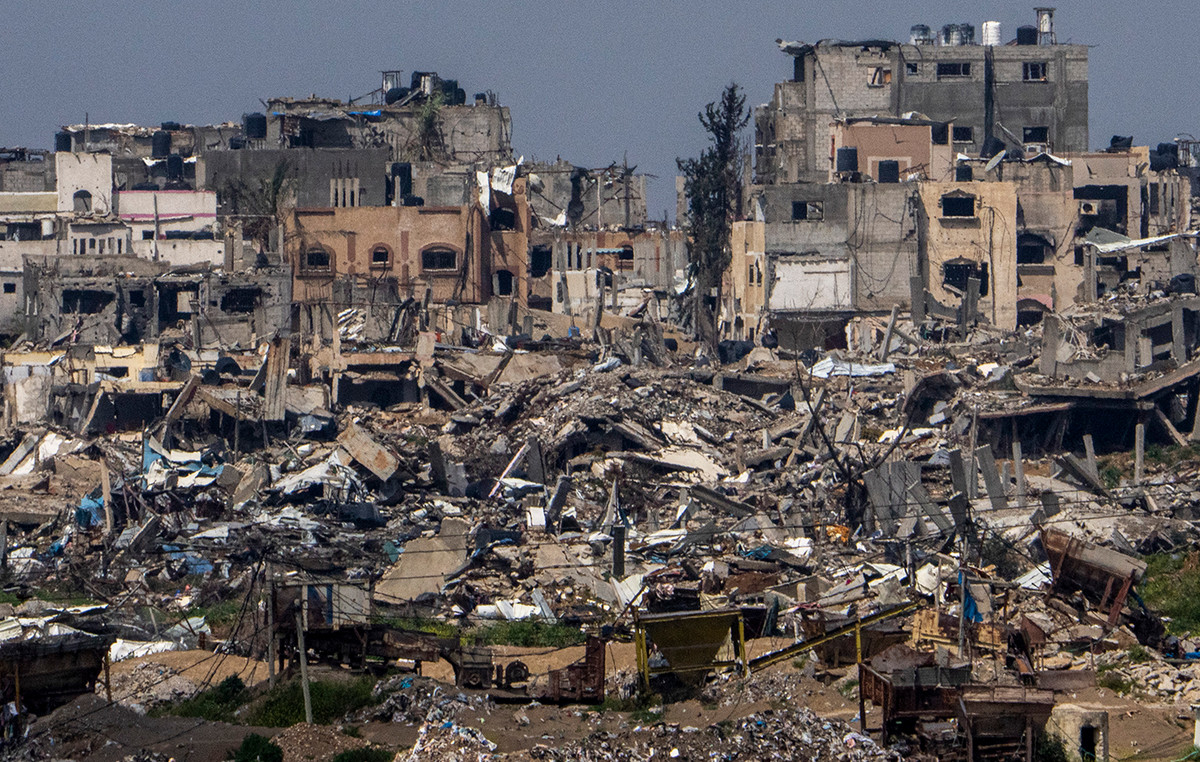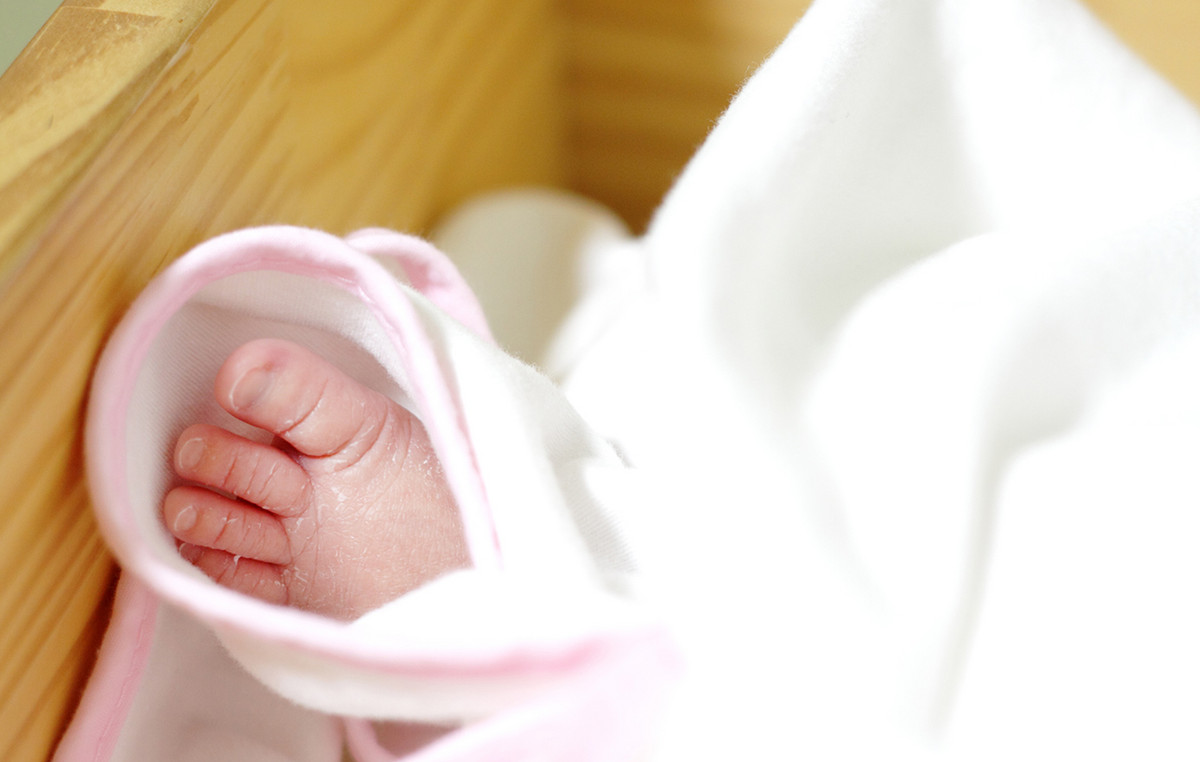The drama of Riccardo Faggin, who died crashing his car the day before the alleged discussion of his degree thesis in Nursing Sciences, is not such an isolated case. On October 7thin the Reno river, on the outskirts of Bologna, the body of one was found 23-year-old student enrolled in the Faculty of Law. He had told relatives and friends that he was about to graduate, but he wasn’t like that.
In July a thirty-year-old student enrolled in the Faculty of Medicine in English from the University of Pavia, but blocked in the third year, before committing suicide, he wrote an email to the Rector in which he explained that he was afraid of losing his scholarship and therefore no longer having the opportunity to stay in university residences: “I’m the student who took his own life in boarding school: I haven’t been able to change anything. Edisu (the institution for the right to university study, ed.) tried to help me and I am very grateful to them, but it is not only an economic question but also one of (in)justice».
In October 2021, still in Bologna, an off-site student was found dead under the Stalingrad Bridge. Family members were about to join him in the city for his graduation which, in reality, was not scheduled.
In July of the same year, within the Faculty of Letters of the Federico II University of Naples, a 25-year-old student had been found dead. She had described to her family a course of study which, however, had never been completed.
Riccardo Faggin’s parents, in the interviews they release in these hours, reproach themselves “for not having been able to read the signals, for not having taught them to be stronger, at least to have that strength needed to ask for help”, explained father Stefano to the Courier. «I feel ashamed as a parent».
The reaction of the Paduan student’s parents bears witness to all the drama of what happened, but, as he explains to us Matteo Lancini, psychologist, psychotherapist and president of the Minotaur Foundation in Milan, «the models of identification, in this individualistic society that does not tolerate disappointments, they depend not only on the family, but also on the social context where children live, from school to relationships with peers. Our children are growing up immersed in a model that fuels competition. Personal ambition is healthy, but it must be placed in a context where the possibility of failure is tolerable. It’s up to all of us to build a society like this.”
Why do these things happen?
«Because you grow up in a dimension where the idea of failing is not accepted, and this makes it increasingly difficult to talk about your failures. Today – and I say this by detaching myself from Riccardo’s tragedy – young people often find themselves faced with fragile adults who react inadequately, trivializing or aggravating the problem, when faced with their children’s admission of failure. Who, in turn, stop looking for an interlocutor in them so as not to disappoint them. Adult fragility is one of the issues to work on: the parent is no longer seen as someone to refer to for one’s needs and, therefore, also for one’s failures”.
Which become insurmountable.
“Yup. At this point, the boys decide to “solve” their problems – difficulties that could be solved – by talking about them with a friend, in the best case, or alone. When they perceive that an obstacle is insurmountable, they can decide to disappear, and this is often the cause of social withdrawal or juvenile suicides. Before killing themselves, young people once left a farewell letter, while today, sometimes – as we have seen in various discussion tables on the subject – they simulate an accident and leave their parents in doubt as to what really happened».
Are there any warning signs?
«It is not always easy to intercept the signals: often they are not there, they are not perceptible from the outside, when suicidal thoughts are cultivated. True prevention consists not so much in looking for alarm bells, but in cultivating one’s ability to really listen. We must also learn to ask uncomfortable questions to children, real questions. We have to ask ourselves about our ability to look at them as subjects with their own characteristics. Today it is as if we wanted to remove every obstacle from the path of the children, but the stumbles, the ailments and the pains are part of life, and they help to grow».
Source: Vanity Fair
I’m Susan Karen, a professional writer and editor at World Stock Market. I specialize in Entertainment news, writing stories that keep readers informed on all the latest developments in the industry. With over five years of experience in creating engaging content and copywriting for various media outlets, I have grown to become an invaluable asset to any team.







